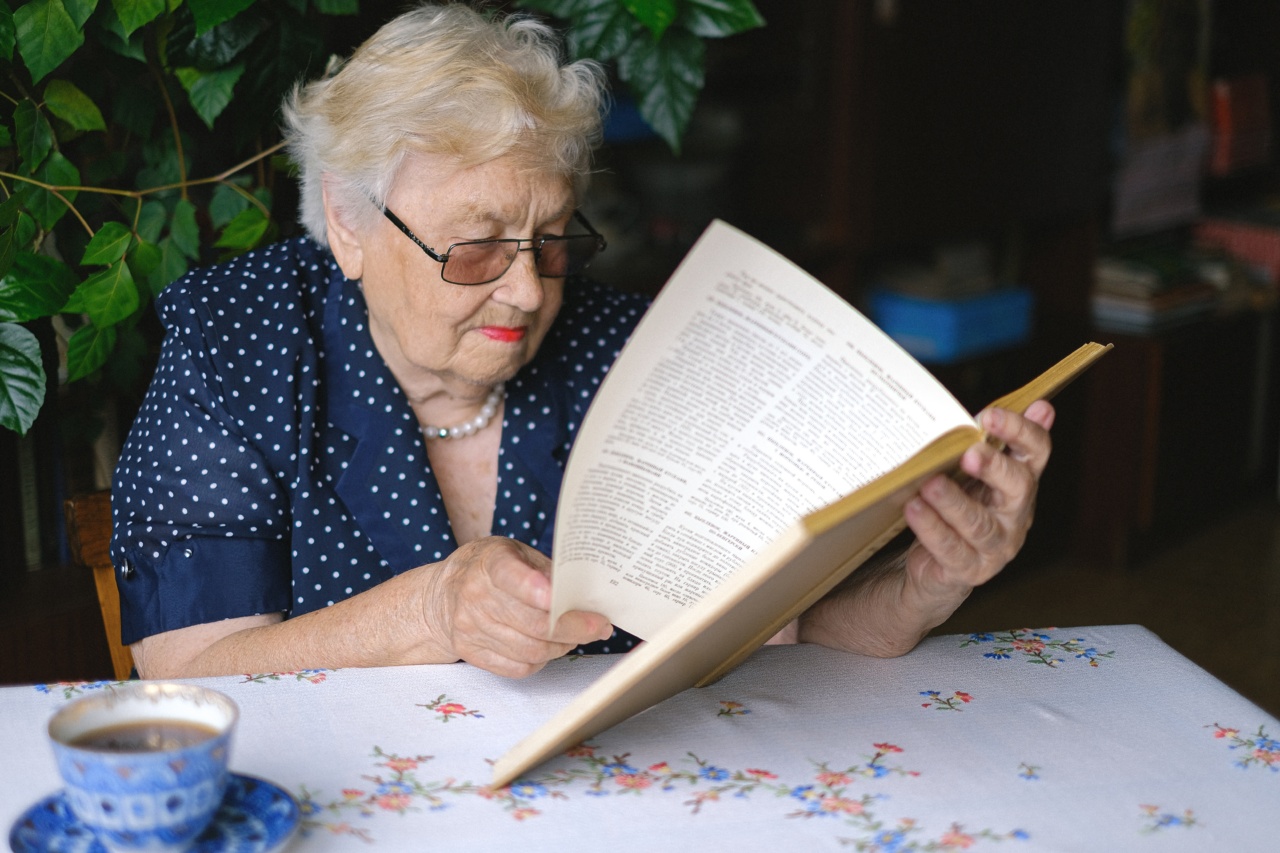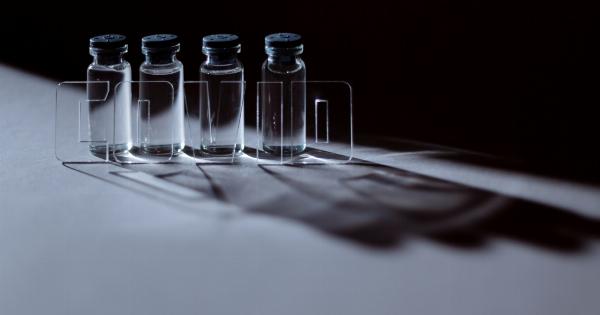Graying of hair is a natural process that happens to everyone, but have you ever wondered why this happens? In this article, we will explore the science behind graying hair and factors that contribute to it.
What causes graying hair?
Before we dive into the causes of graying hair, let’s first discuss what gives color to our hair. Our hair gets its color from a pigment called melanin, which is produced by cells called melanocytes.
Melanin gives our hair its natural color and protects it from the harmful effects of the sun.
As we age, the number of melanocytes in our hair follicles decreases, resulting in a reduction of melanin production. This reduction in melanin production causes hair to lose its natural color and turn gray.
Genetics
The most significant factor that contributes to hair graying is genetics. Our genes play a crucial role in determining the color of our hair and when it will start turning gray. Studies show that certain genes can cause hair to turn gray prematurely.
Scientists have identified a gene called IRF4, which impacts the signaling pathway that regulates the production of melanin. When this gene is altered or mutated, it can lead to premature graying.
It’s estimated that around 30% of people have at least one copy of the gene variant associated with premature graying.
Aging
As we age, our body undergoes various changes, and the hair is no exception. As we discussed earlier, as we age, the number of melanocytes in our hair follicles decreases, and the production of melanin also reduces.
As a result, hair loses its natural color and turns gray.
Stress
Stress is the body’s response to any demand or threat, and it can impact different parts of the body, including hair. Studies show that stress can cause hair to turn gray prematurely, and in some cases, it can even lead to hair loss.
When we are stressed, our body produces hormones like cortisol and adrenaline, which can impact the production of melanin.
Increased stress levels can cause oxidative stress, which damages the melanocytes, leading to a reduction of melanin production and eventually graying of hair.
Vitamin deficiencies
Studies show that certain vitamin deficiencies can contribute to premature graying of hair. Vitamins like B12, D3, and E play a crucial role in maintaining healthy hair and promoting melanin production.
Vitamin B12 deficiency, for example, can cause anemia, which can lead to reduced oxygen supply to hair follicles, resulting in premature graying. Vitamin D3 deficiency can also impact melanin production and lead to hair graying.
Medical conditions
Medical conditions like thyroid disorders, vitiligo, and anemia can also contribute to hair graying.
Thyroid disorders can impact the production of melanin by altering the body’s metabolism, while vitiligo can cause the destruction of melanocytes leading to a reduction in melanin production.
Anemia is a condition characterized by a deficiency of red blood cells, which can lead to reduced oxygen supply to hair follicles, leading to premature graying.
Smoking and pollution
Smoking and exposure to pollution can also contribute to premature graying of hair. Studies show that chemicals present in cigarette smoke and pollution can cause oxidative stress, leading to DNA damage and premature graying of hair.
Conclusion
Graying of hair is a natural process that happens to everyone, but there are various factors that can contribute to premature graying.
Genetics, aging, stress, vitamin deficiencies, medical conditions, smoking, and pollution are some of the factors that can impact the production of melanin and lead to hair graying.































